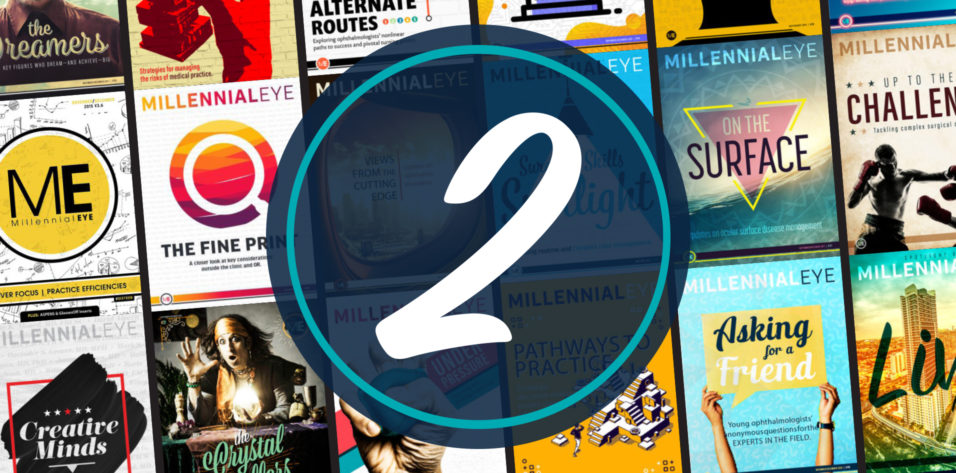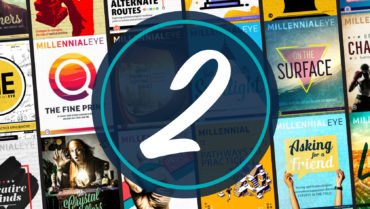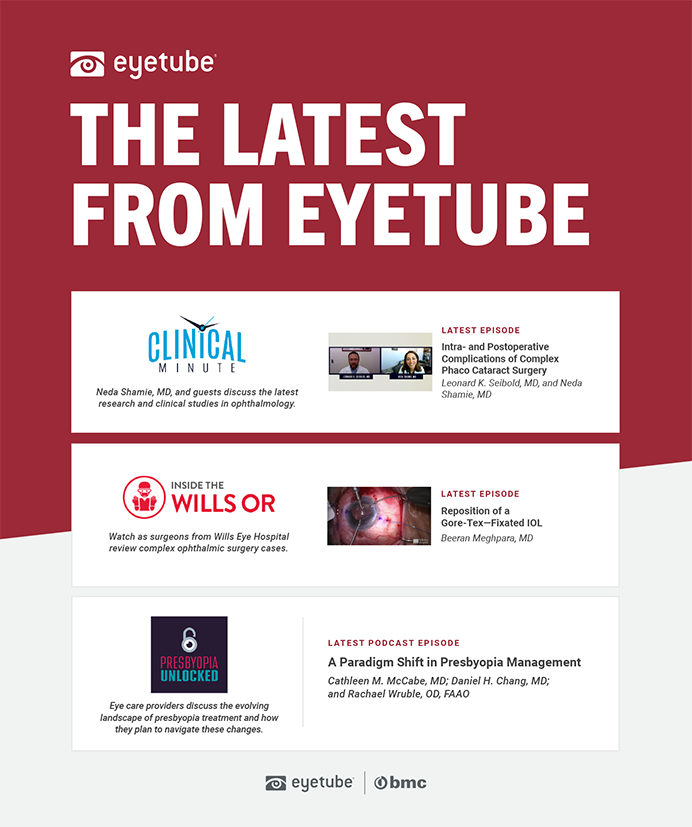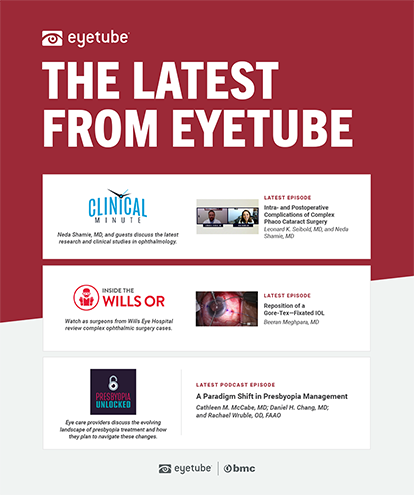1. Fostering the Physician-Industry Relationship in Training | MillennialEYE March/April 2020
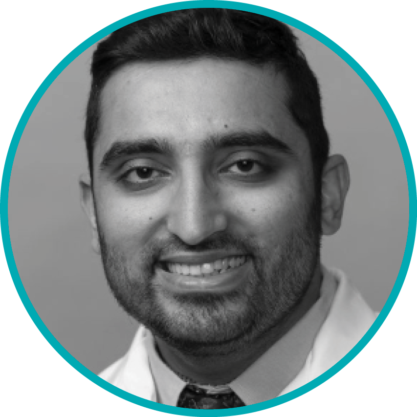
Shehzad Batliwala, DO
“In this day and age of accelerated access to information and technological advances, it is crucial for ophthalmologists to ethically engage with their colleagues in industry—to learn, teach, and innovate alongside them. The ideal time for this symbiotic relationship to be fostered and cultivated is during residency training.”
2. The Wait for Residency | MillennialEYE March/April 2019

Patrick Commiskey, MD
“At least I picked a peaceful alarm clock—so soothing, but I know it means business. Without options, my legs respond in a way my mind protests. I run out the door, jog four blocks to the city bus, get to signout on time. ‘Anything overnight?’ yields stories of heart failure, pain meds, inability to get overnight labs, and uncharted bowel movements. Two months left of my intern year. Not that it hasn’t been great. Right? So many memories. But really.”
3. Must-Have Books for the Beginning Ophthalmologist | MillennialEYE July/August 2017


Adam Jacobson, MD, and Eric Rosenberg, DO
“Summer is a daunting time for many interns-turned-ophthalmology-residents. This transition period is often just as exciting as it is overwhelming. In this phase, we tend to thoroughly investigate big-ticket items, like which ophthalmoscope will fit our needs and where to find reasonable living quarters, but we often ignore smaller undertakings due to time constraints. As ophthalmology residents, we have surprisingly found that one of the frequently glazed-over topics is what books to purchase. This article details our picks for seven must-have books for ophthalmology residency. Each book discussed exemplifies a particular niche of the educational spectrum. We hope this is a useful guide!”
4. Road Map to Balance | MillennialEYE November/December 2017
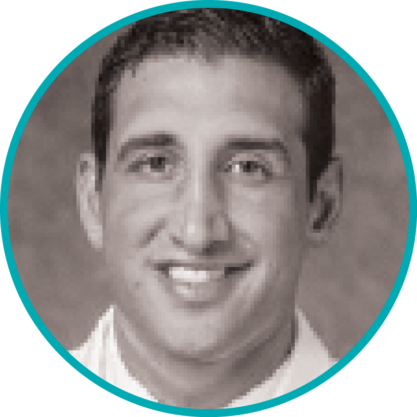
M. Amir Moarefi, MD
“When we think of balanced lifestyles, the daily grind of a resident’s life is probably the last to come to mind. Over the course of our careers, thousands of hours have been dedicated toward obtaining the knowledge and skills to provide the highest level of eye care. This tremendous devotion should never come at the expense of our own well-being. As physicians, we should be the prime examples of and biggest advocates for healthy living, starting with ourselves.”
5. Virtual Resources for Aspiring Ophthalmologists | MillennialEYE November/December 2021

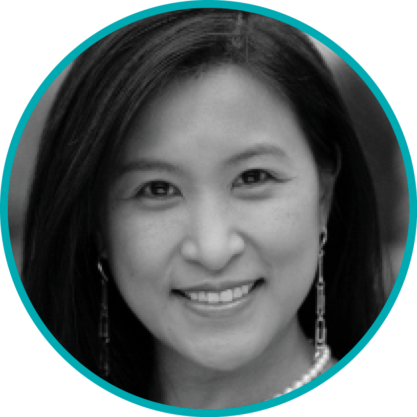
Raymond Zhou and Janice C. Law, MD
“One potential positive outcome of the COVID-19 pandemic has been improved access to online education for aspiring ophthalmologists across the nation and around the globe. The pandemic has increased the availability and adoption of virtual resources for trainees and has had transformative, and likely long-lasting, effects on ophthalmic education.”
6. Surviving Your First Phaco | MillennialEYE March/April 2019

David Felsted, DO
“In residency, we all hear those golden stories of residents providing 20/15 postoperative vision on their first day performing phacoemulsification as primary surgeon. But, just like TV, we know that’s fake news. Personally, I had worked hard to reach my first day as primary surgeon, but oddly, the morning of, I was afraid I didn’t want it. Or, at least, maybe not until next year, when my skills would be better honed. But there I was, early into my second year of residency, sitting frontside at the scope, ready for a ride.”
7. Top Surgical Pearls for Trainees | MillennialEYE September/October 2019

Nandini Venkateswaran, MD
“The intricacy, precision, and dynamism of microsurgery draw many young individuals to the field of ophthalmology. However, in the midst of training, we quickly come to realize how challenging it is to master the complex surgical techniques performed effortlessly by our senior colleagues and mentors. Surgical education is an essential component of our training. This article details eight tips that I have found useful in expanding and refining my surgical skill set throughout my training as a resident and cornea fellow.”
8. Adapting in the Face of Change: Twelve Lessons From an Unexpected Year | MillennialEYE January/February 2021

Rikki Enzor, MD, PhD
“After the death of Alan Crandall, MD, I cried all weekend. My response surprised me. This was a seemingly remote event—the death of a person I had never met, a colleague I had admired only from afar. Another colleague whom I admire greatly had posted on social media about Dr. Crandall’s passing. In the comments below his post were hundreds of touching eulogies, a clear testament to Dr. Crandall’s impact on those in our field. These remembrances moved me for many reasons, not the least because my own experience of losing a mentor was fresh in my memory. I had my dream fellowship, and then it unraveled.”
9. An Educator’s Perspective | MillennialEYE March/April 2019

Thomas Oetting, MD
“With mentoring, it is important to develop relationships when the seas are calm, not just when times are crazy. Sometimes, you may run into a complicated case or a problem with a coworker; it is hard to suddenly call someone who could be of value if you haven’t already developed a relationship with that person. And this is something we all have to work on. I have mentors myself, even though I’ve been in the business 25 years, and I’ve got a lot of gray hair. There are a lot of people whom I look up to and whom I turn to for advice.”
10. Professional Networking: A How-To Guide | MillennialEYE January/February 2019

Zaiba Malik, MD
“Networking is defined as actively creating and discovering connections between people. On a deeper level, effective networking involves developing relationships with others, sharing relevant information, and providing mutual support on the path to reaching one’s goals. And, of course, a strong network can open doors to potential career opportunities. Networking is connected to mentoring, as both involve strengthening existing relationships and expanding one’s circle.”

